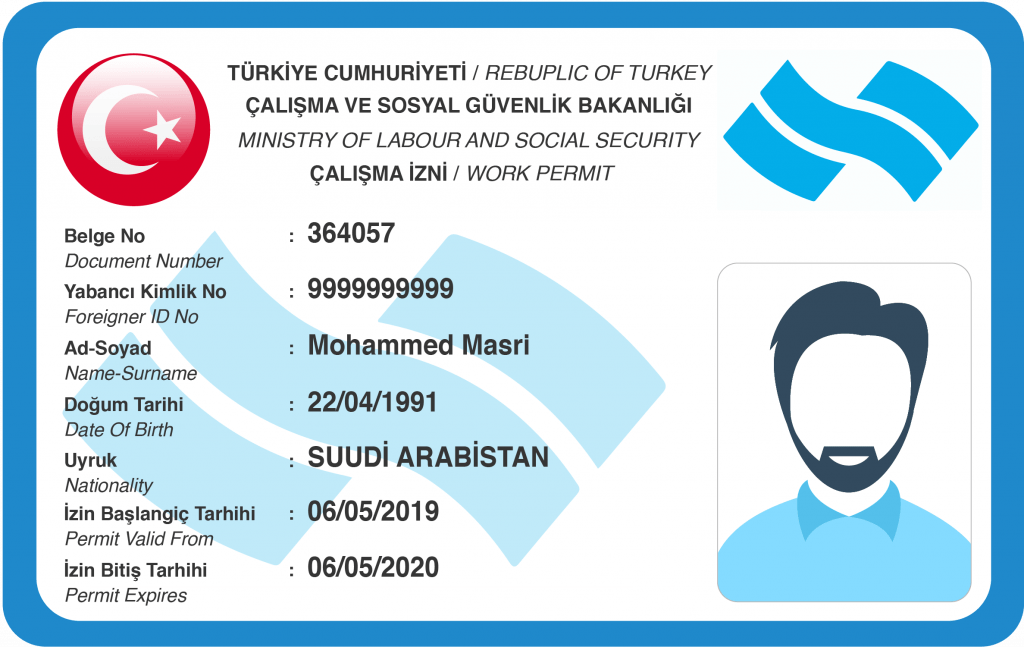Hiring employees in Turkey can be both an exciting and daunting task. The Turkish labor market demands a solid understanding to navigate effectively. With its own set of employment laws, the landscape is unique yet full of opportunity. You need to be familiar with employment law in Turkey to ensure compliance and smooth operations. From understanding work permits in Turkey to mastering the recruitment process in Turkey, every step requires careful attention. Failing to adhere to these regulations could lead to significant challenges, including legal issues. Why spend a fortune on outsourcing when you can efficiently onboard talent by learning these steps yourself? This guide is crafted to help you unlock the potential of the Turkish workforce and enhance your business operations. In this ever-competitive market, making informed decisions with hiring employees in Turkey is key to staying ahead and reaping endless benefits. Dive in, and let’s simplify the journey together.
Navigating Turkish Labor Laws for Effective Hiring
Understanding Turkish labor laws is pivotal when hiring employees in Turkey. The Turkish labor market is governed by specific regulations that dictate every facet of employment. Employment law in Turkey encompasses a variety of elements including contracts, employee rights, and termination processes. Ensuring compliance with these laws not only averts legal troubles but also builds a robust foundation for your business. Grasping these details paves the way for smoother recruitment processes in Turkey. Work permits in Turkey are another crucial aspect you must address to maintain adherence to legal standards, especially for foreign hires. Navigating these complexities demands both time and knowledge. However, mastering them transforms obstacles into opportunities, enhancing your ability to hire effectively within the Turkish labor market. Don’t overlook the nuances; they hold the power to transform your hiring strategy from risky to remarkable.
Hiring employees in Turkey requires a keen understanding of Turkish labor laws to ensure effective onboarding. The recruitment process in Turkey, when aligned with these laws, becomes streamlined and efficient. Knowing the ins and outs of employment law in Turkey will safeguard your business from unnecessary legal pitfalls. Dive deeper into how work permits in Turkey play a crucial role, especially when foreign talent is involved; without them, your hiring strategy risks hitting a wall. By embracing these complexities, the Turkish labor market offers untapped potential that can propel your business into new heights. Keep an eye on contract specifics, such as working hours and compensation metrics, as they underline compliance with national standards. It’s this attention to detail that transforms the daunting into the doable. Harnessing these insights not only protects but elevates your hiring approach, ensuring you attract and retain the best talent Turkey has to offer.
To navigate Turkish labor laws for effective hiring, you’ll need a comprehensive grasp on the regulations shaping the employment scene. Begin by understanding the necessary work permits in Turkey, especially crucial for international hires, as they are cornerstones of legal compliance. The recruitment process in Turkey hinges on these permits, forming a tightrope between skilled acquisition and legal adherence. Dive into contracts, scrutinizing every clause, since each detail reflects the broader canvas of employment law in Turkey. The Turkish labor market, with its unique characteristics, demands a tailored approach to how you hire and onboard talent. It’s akin to crafting a masterpiece where every brushstroke— from working hours to benefits—should align with national standards. Missing a step here could sweep you into troubled waters. Yet, getting it right means tapping into a reservoir of talent that propels your business forward, transforming the mundane into moments of triumph.
Key Considerations for Talent Acquisition in Turkey
Understanding the Turkish labor market is your first step to successful talent acquisition. The nuances of employment law in Turkey shape how businesses hire, guiding you through both legal obligations and cultural expectations. Consider the recruitment process in Turkey as a carefully choreographed dance, important to observe and respect. Navigating work permits in Turkey can seem tricky, yet it is crucial for foreign hires. A misstep might cost time and money, so taking the right measures from the start is vital. Each aspect of hiring employees in Turkey demands attention, ensuring your approach aligns with official requirements. Embrace the complexity with confidence; remember, you’re not just filling a role. You’re weaving new threads into the fabric of your organization. By appreciating these key considerations, you set the foundation for a thriving workforce, eager to propel your business into new realms of success.
Understanding salary structures is vital in hiring employees in Turkey. Wage expectations in the Turkish labor market can vary widely, influenced by sector, experience, and regional disparities. Delving into these differences helps tailor attractive offers, ensuring alignment with both expectations and employment law in Turkey. Additionally, the recruitment process in Turkey is influenced by cultural nuances—what appeals to one candidate might not resonate with another. Acknowledge these subtleties to refine your approach. Then, consider the importance of highlighting career development and work-life balance. These perks can tip the scales in your favor when candidates weigh job offers. Also, don’t overlook the significance of offering clear paths for advancement. By addressing these key considerations, you not only meet immediate hiring needs but also pave the way for long-term retention and loyalty. Building a committed team is the secret to thriving amid the competition of the Turkish market.
In the intricate process of hiring employees in Turkey, understanding cultural sensibilities is just as crucial as grasping employment law in Turkey. The recruitment process in Turkey often involves recognizing these subtleties to craft appealing job offers. For instance, emphasizing a balance between professional and personal life can resonate deeply with potential employees. Furthermore, the Turkish labor market values inclusion, so ensuring diverse work environments can give your company an edge. Work permits in Turkey also hold significant weight in international staffing, demanding precise compliance. But it doesn’t stop there—ongoing engagement and feedback are key to maintaining employee motivation. Cultivating an atmosphere where feedback is welcomed and acted upon fosters loyalty and a positive working environment. By focusing on these considerations, you not only master the recruiting terrain but also transform prospective candidates into committed team players, ultimately driving your business toward success in the Turkish market.
Best Practices for Onboarding and Retaining Employees in Turkey
Onboarding and retaining employees in Turkey demands a strategic approach that aligns with the unique dynamics of the Turkish labor market. Understanding employment law in Turkey is the cornerstone of a successful onboarding process. It ensures you comply with local regulations while fostering a conducive work environment. When dealing with hiring employees in Turkey, focus on adaptability within the recruitment process in Turkey. Each step should be designed to integrate and engage new hires promptly. Keeping an eye on work permits in Turkey is essential, as proper documentation is a must. To retain talent, consider crafting individualized growth paths that resonate with both organizational goals and personal ambitions. Remember, a well-executed onboarding strategy is not just about acclimatization. It’s about setting the tone for a long, productive relationship. By swiftly addressing their needs and aspirations, your new employees become part of a team, driven by shared values and ambitions.
A vital part of hiring employees in Turkey is ensuring that they feel welcomed and valued from day one. Begin by gathering insights about the Turkish labor market to tailor your onboarding programs to meet both cultural expectations and business needs. Incorporate comprehensive orientation sessions that cover employment law in Turkey, so new hires understand their rights and responsibilities. Simplify the recruitment process in Turkey by utilizing technology to facilitate communication and feedback loops. Work closely with local authorities to ensure work permits in Turkey are processed efficiently, minimizing potential delays. Foster a culture of continuous learning by offering workshops and professional development tailored to each employee’s role. Staff engagement soars when they see a clear path ahead. Regular check-ins and mentorship can further solidify their commitment. Taking these steps transforms your organization into a talent magnet, adept at nurturing loyalty and boosting productivity in this vibrant market.
Crafting an effective onboarding experience when hiring employees in Turkey hinges on aligning company culture with the vibrant Turkish labor market. Initiate this journey by embracing transparency and open communication. Explain the nuances of employment law in Turkey in your welcome packages to build trust from the start. Consider leveraging digital tools in the recruitment process in Turkey, making sure applicants feel seen, heard, and valued. Collaborate with HR experts to streamline procedures concerning work permits in Turkey, keeping bureaucratic hurdles minimal. It’s crucial to establish career development plans early, fostering growth that matches both individual and business ambitions. Encourage team-building events linking new employees with seasoned colleagues, weaving a tapestry of camaraderie and shared purpose. This practice doesn’t just retain employees; it transforms them into advocates for your brand. When your workforce feels indispensable, their loyalty and productivity will be the compass steering your company to new heights.






